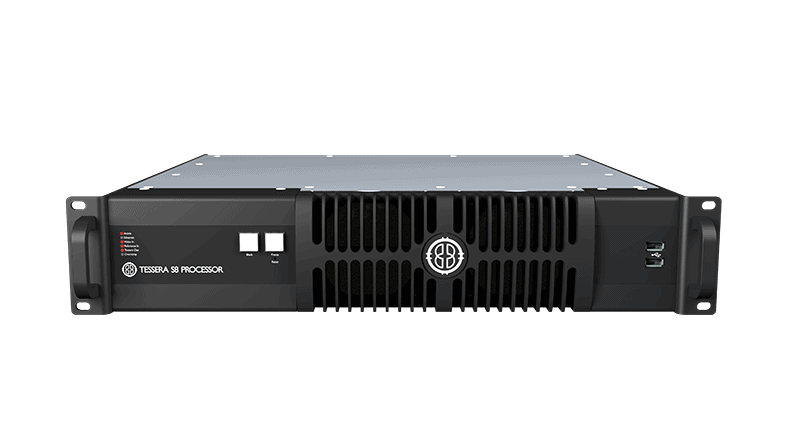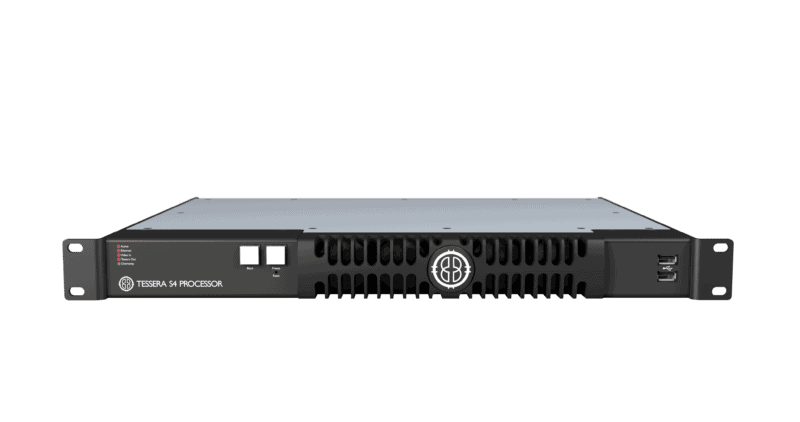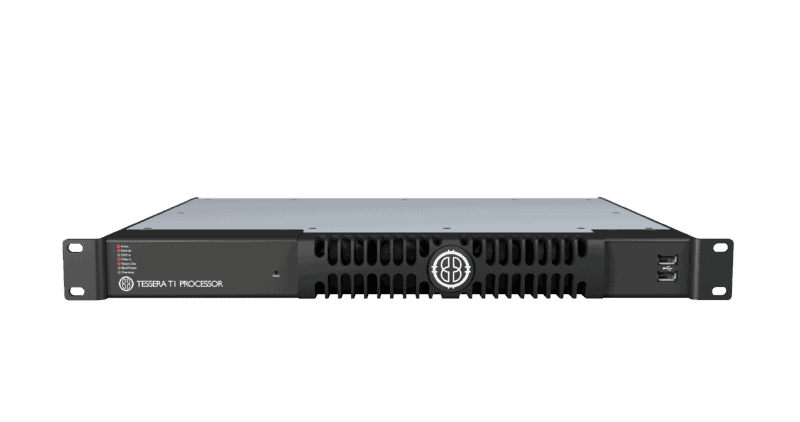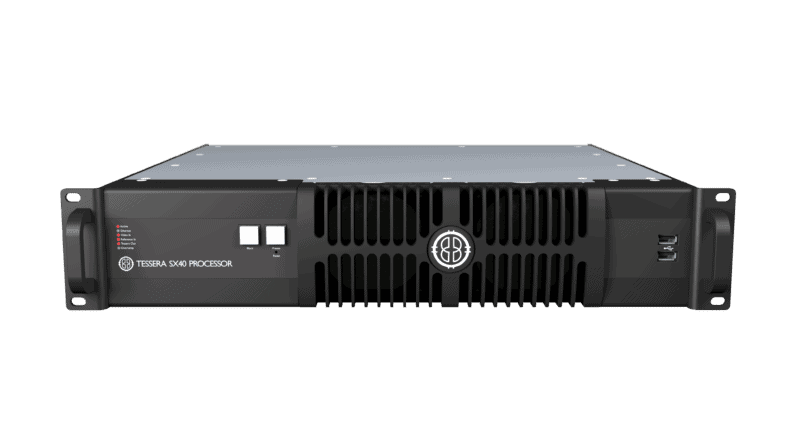SYSTEM-WIDE GENLOCK & SYNCHRONISATION
The Tessera processing system is genlocked from the video input all the way down to the LED refresh cycle, giving a perfectly smooth video with no dropped or doubled frames.
Genlock can be used to lock the processor refresh to a camera’s shutter. This provides a better on-camera performance, by preventing the unsightly rolling black bars seen on video walls using free-running systems.
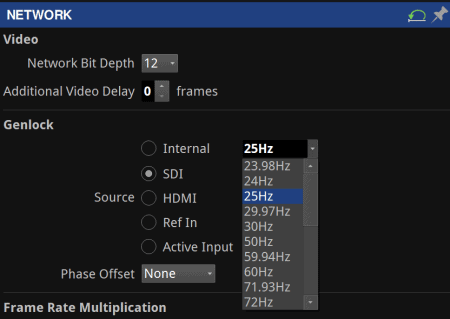
LOCKED FOR PERFORMANCE
The LED panels always refresh at an exact multiple of the input frame rate, with inputs of 23.976Hz – 250Hz supported. Tessera processors will automatically compensate where the source frame rate and the internal refresh rates are different for a smooth, reliable sync.
- A Tessera SX40 or S8 LED Processor can be locked to any one of its video inputs, bi-/tri-level sync input, or internal timing reference
- A Tessera T1 LED Processor can be locked to either the video input or internal timing reference
- A Tessera S4 LED Processor automatically locks to the video input
- From Tessera firmware v2.3 onwards, you can choose “Active Input” on the Tessera SX40 processor, meaning the genlock signal will come from whichever input source is currently active
FINE TUNED CONTROL
Genlock Phase Offset permits fine control of the LED screen timing which enables you to shift on-camera artefacts up or down the image until they disappear off the top or bottom of the camera frame.
An offset of up to +1 or -1 frame may be configured, specified either as a fraction of a frame in percent, or a phase angle in degrees, or as an absolute number of lines and pixels of the selected genlock source.

EASY TO USE
The ‘Active Input’ option is selected by default for new projects, meaning the genlock signal will come from whichever input source is currently active.
This helps to display video content at the correct frame rate with the minimum latency and avoids frame drops or doubling due to inadvertently using the wrong genlock source.
Alternatively, you can use Genlock to lock multiple Tessera LED processors together for completely seamless shows with no tearing. The processor can even add extra delay should it need to match with other slower video systems.
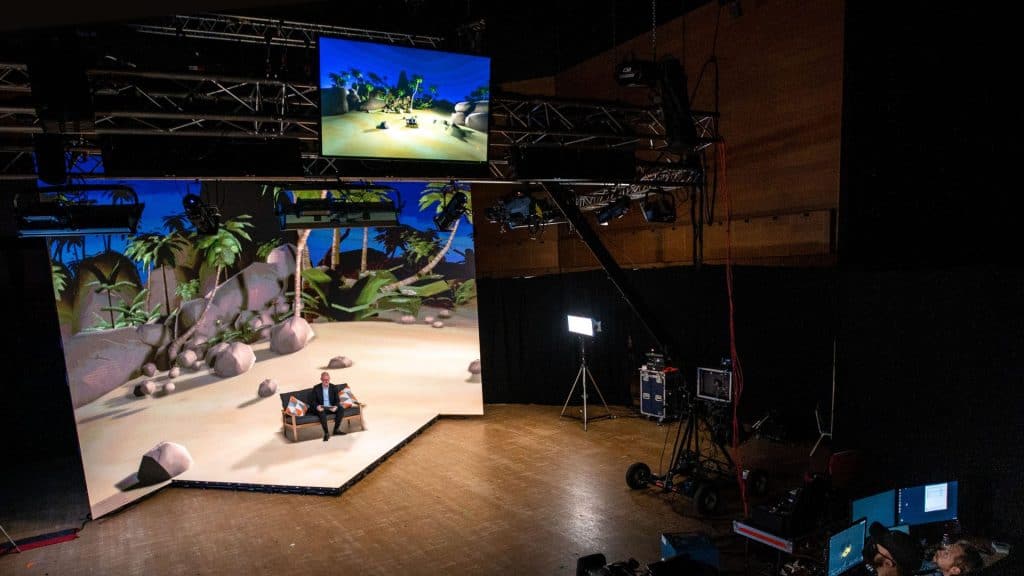
TESSERA PROCESSORS
